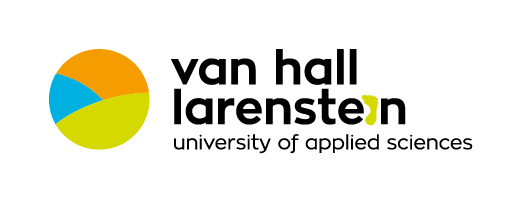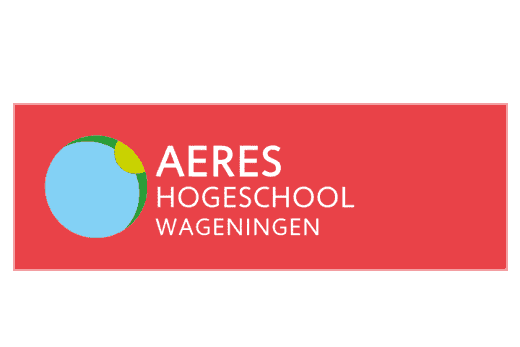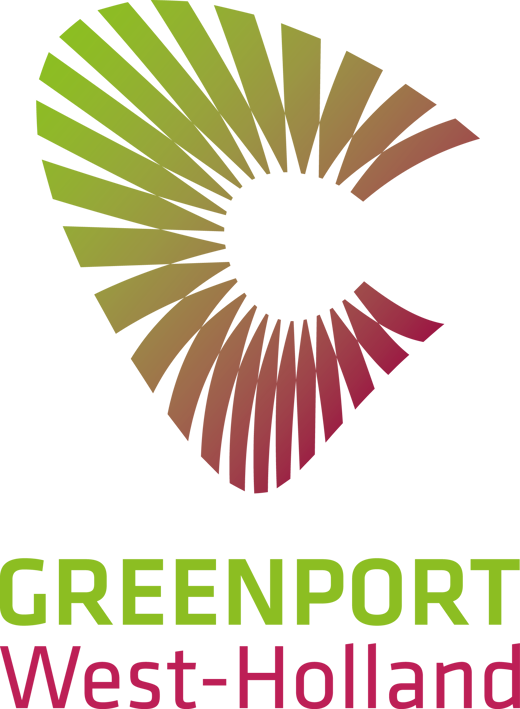

The Dutch agriculture and horticulture sector plays a key role in sustainably feeding the world. As the global population grows, so does the need to increase food production. One of the biggest challenges growers face is pest and disease management. These can reduce yields by as much as 10%. At the same time, chemical pesticides are increasingly restricted, and manual crop inspection is labour-intensive and often inefficient.
So how can pests and diseases be detected and controlled more efficiently? Inholland University of Applied Sciences is working with a broad consortium of educational and research institutions, along with industry partners, to develop an innovative solution.
The aim of the RAAK PRO project 'Bio-inspired Micro Aerial Vehicle for sustainable pest control in horticulture' is to develop small, autonomous drones that can frequently and automatically monitor pests and diseases in greenhouses. By detecting them early, biological control methods can be applied more effectively. Unlike traditional drones, these micro aerial vehicles have flapping wings rather than propellers, allowing them to move nimbly between vertically growing crops without causing damage. Hence the project’s nickname: “Flappy.”
In this research, we collaborate from the Biomimicry research group with researchers from Data Driven Smart Society. The researchers from Data Driven Smart Society focus on how pests and diseases can be automatically identified in the drone's camera footage. Using AI-based image recognition, we analyse the drone images to detect the presence of pests and diseases.
This presents several challenges: pest insects are often very small. So how can we ensure early detection? And how do we deal with the shaky footage generated by the flapping-wing drone?
Flapping drones capable of monitoring pests and diseases in greenhouses do not yet exist. The Flappy project focuses on the technical design of these drones, followed by extensive greenhouse testing: can they fly autonomously, detect pests and diseases, and navigate greenhouse environments effectively? The ultimate goal is to deliver a functional prototype.
To achieve this, we’re tackling several technical challenges. How can we make the drones small enough to fly between plants? How can we ensure sufficient flight time? And how can we optimise their energy efficiency?
The project brings together growers, biologists, entomologists, and engineers with expertise in robotics, aerodynamics, mechanics, and electronics. Through this multidisciplinary collaboration, we are co-creating an integrated solution that merges technical precision with biological insight — all aimed at sustainable pest control.
"The project will generate a wealth of new knowledge, which we can use to innovate and improve our degree programs."
Students and degree programmes from multiple domains are actively involved in the project — including Technology, Design & IT, Agri, Food & Life Sciences, and Business, Finance & Law. Working in multidisciplinary teams, students address a highly relevant and complex challenge: developing bio-inspired drones for pest monitoring — a solution that does not yet exist.
Through this collaboration, students not only apply their field-specific skills, but also develop their ability to work across disciplines, understand different viewpoints, and contribute to innovation in a growing and urgent field. It’s hands-on, future-driven education at its best.
The knowledge gained from the Flappy project is also being used to update and enrich the participating degree programmes. In addition, we are planning to launch new interdisciplinary minors, focusing on themes such as digitalisation and smart farming. In this way, the project becomes a catalyst for educational innovation — preparing students to become the critical and creative professionals our future needs.
Inholland University of Applied Sciences is the lead partner in this four-year RAAK PRO project, working alongside two other green universities of applied sciences: Aeres University of Applied Sciences and Van Hall Larenstein. In addition, three research centres from TU Delft are contributing from different faculties: Precision and Microsystems Engineering (3ME), Micro Aerial Vehicle Lab (LT), and Microelectronics (EWI).
We also collaborate closely with Vertify, an agricultural research organisation that provides a test site at the World Horti Center in Naaldwijk. Greenport Aalsmeer and Bosch Kwekerij are among the partners representing the greenhouse sector. Technical expertise is provided by companies such as AgriDataInnovations, PixelFarming, FESTO, PATS and Flapper Drones.
These companies and growers are actively engaged in the project. They attend meetings, observe student presentations, and give targeted feedback. This allows us to align our solutions closely with real-world needs. These events offer opportunities for stakeholders to provide valuable feedback and practical insights on the research outcomes.
Beyond consultation, companies contribute directly to the research by sharing their expertise on real-world horticultural practices. Their input is crucial in shaping technologies and data analyses that are not only innovative but also accessible, understandable, and usable for growers in day-to-day operations.
By the end of the project, we aim to deliver a monitoring system for greenhouses based on swarms of small, flexible flapping-wing drones. These Flapping-Wing Micro Aerial Vehicles (FW-MAVs) will be able to fly smoothly between crops to detect pests and diseases early — without damaging the plants. We will test them extensively in real greenhouse conditions to evaluate whether they can navigate independently, avoid obstacles, and recognise threats to crop health.
The research is highly interdisciplinary, involving engineering, biology, and data science. A key part of the work involves training smart algorithms to detect pests in drone imagery and to model the impact of pest infestations on yield.
As greenhouses continue to expand in scale, we envision deploying entire swarms of FW-MAVs, supported by the HortiDatabase — an open-access smart platform containing data on pests, diseases, crop structure, and natural predators such as beneficial insects. This platform will support tech developers in improving sensor systems and will offer growers practical, AI-powered tools to reduce crop losses and boost sustainability.
Together with researchers, growers, and software developers, we are also building a community that will actively use and further develop the HortiDatabase.








